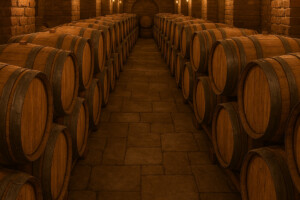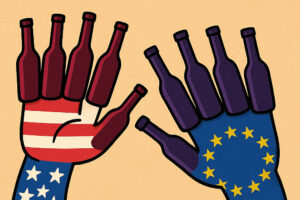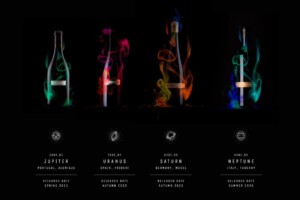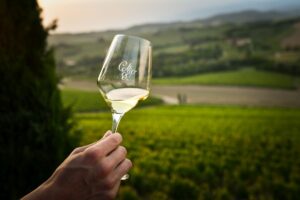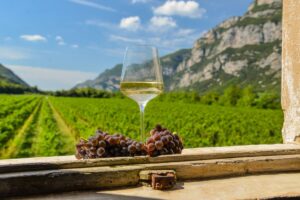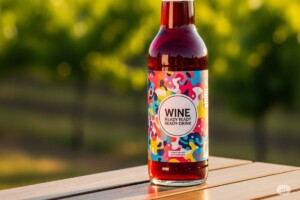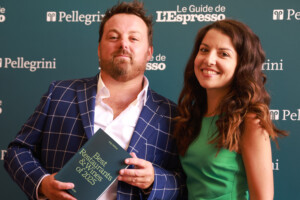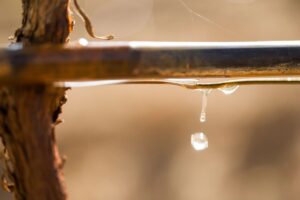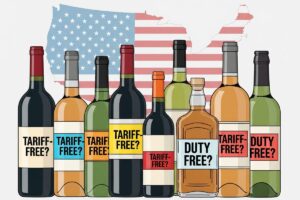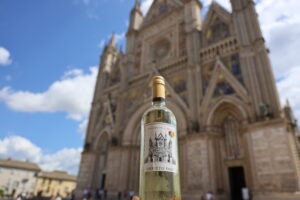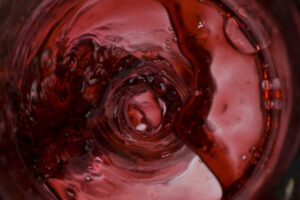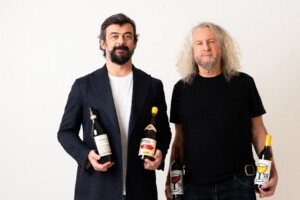“Not only Nutriscore: wine is at risk, and with it one of the symbols of Italy’s identity. Within a week, the European Parliament will hold the decisive vote on the anti-cancer plan that the European Union will adopt to curb the disease of the century. In the report, drawn up by a committee of MEPs (Beca), wine, like other agricultural products, is the negative protagonist: “there is no safe amount of alcohol consumption”, the report cites a thesis based solely on a controversial Lancet study of four years ago”. This is the warning of the Unione Italiana Vini (UIV), which points out that if Parliament votes on the text as it stands - amendments are expected by the day after tomorrow - “February 15, 2022 in Strasbourg will mark the beginning of the end of Italian wine, a sector that will close the last commercial year with yet another historic export record of 7.1 billion euros”.
Among the “indications” to member countries and the EU Commission that the institution is preparing to issue, those that will also affect wine, its companies and wine lovers stand out: labels with health warnings, advertising restrictions, a ban on sponsoring sports events, increased taxation and a review of promotion policy. This last item alone is worth over 100 million euros a year for the activities of Italian companies in third countries and has allowed the sector’s exports to double in less than 10 years.
“Unione Italiana Vini”, said UIV secretary general Paolo Castelletti, “is extremely concerned: on the one hand, it believes it is right to draw up an anti-cancer plan, but on the other, it is convinced that the Beca Commission report represents a blank mandate to equate a bottle of wine with a packet of cigarettes, as a product that is harmful in itself, regardless of quantity. The recent proposals in France on the Nutriscore, unfortunately, confirm this trend, upstream of which there is a broader design on a global scale, namely an attack on the world of traditional agricultural production. The alarm of Unione Italiana Vini (UIV) is addressed not only to politicians and actors in the sector, but to all consumers - the vast majority of whom are moderate and responsible - who have the right to food self-determination also in the name of the Mediterranean Diet and its identity values”.
For the UIV, which together with the European entrepreneurs of the Comité Vins (Ceev, of which Federvini is a member, ed) disputes the scientific assumptions of a plan that lumps together compulsive and moderate consumption, the paradoxes to which the policy is leading are numerous.
There is no explanation, for example, for wanting to bring to its knees a sector that helps to keep alive the rural communities that the EU itself supports with the instruments of the Common Agricultural Policy and that keeps the Union’s trade balance in the black. In Europe, the sector accounts for 2.5 million companies and 3 million direct jobs, and is increasingly at the forefront of eco-sustainable practices. For Italy, wine is culture and economy, but above all it is a symbol of Italian style recognized throughout the world.
“The paradox provided by the new food dogmas clashes with the data of the World Health Organisation on life expectancy: in Europe, according to the WHO, Switzerland, Spain, Italy and France - among the main consumers of wine - are in the top five in Europe for longevity, with Italy having reduced its wine consumption by 70% over the last 50 years, having long since taken the path of quality and moderation”.
Copyright © 2000/2025
Contatti: info@winenews.it
Seguici anche su Twitter: @WineNewsIt
Seguici anche su Facebook: @winenewsit
Questo articolo è tratto dall'archivio di WineNews - Tutti i diritti riservati - Copyright © 2000/2025











